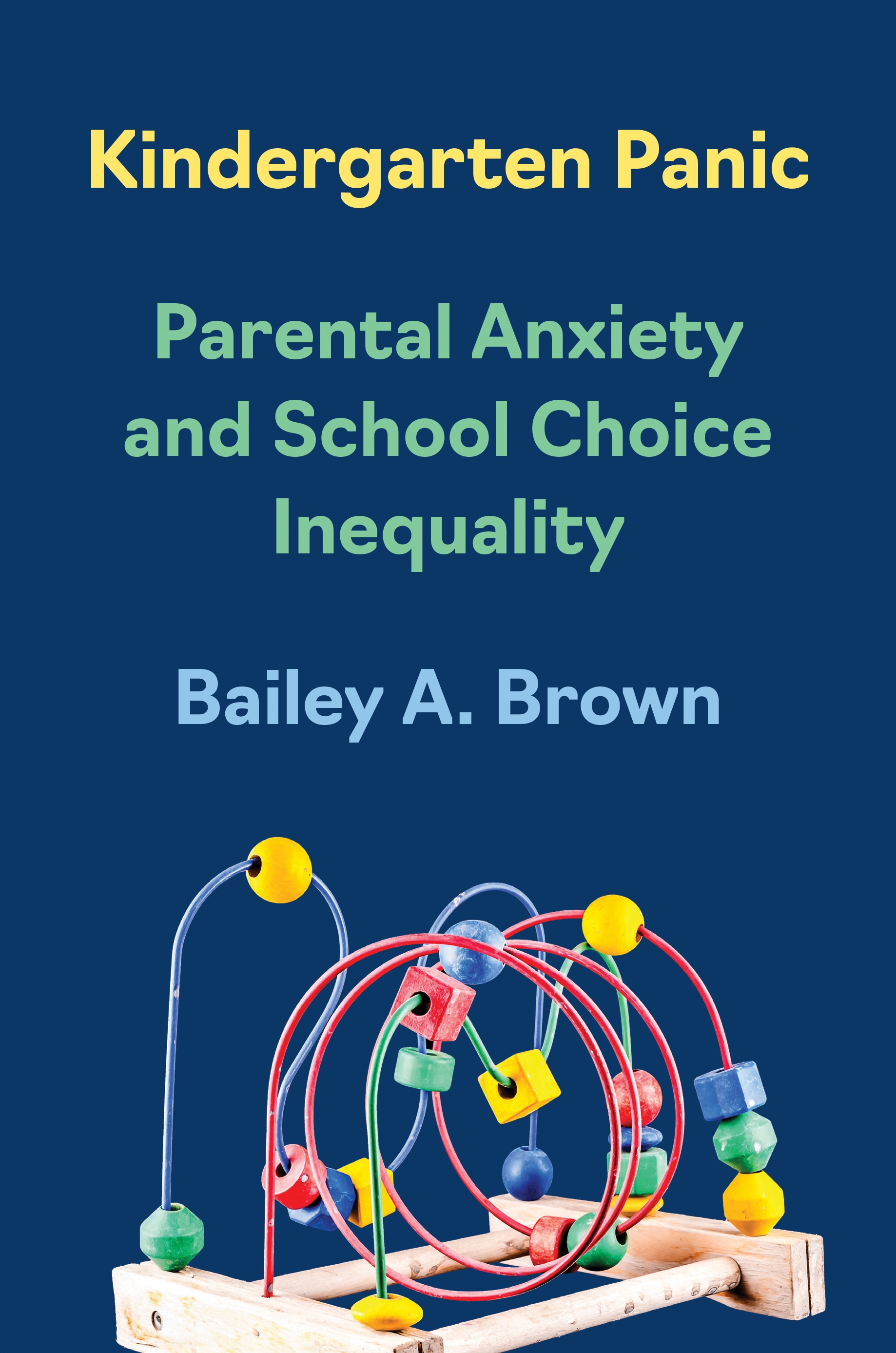Spelman Faculty Member’s Book Explores the Ethics of School Choice
Dr. Bailey Brown Discusses 'Kindergarten Panic' in New Book
In her new book “Kindergarten Panic: Parental Anxiety and School Choice Inequality,” Spelman College Assistant Professor of Sociology Dr. Bailey Brown argues that school choice reproduces inequality by creating gendered and socioeconomic decision-making labor for parents.
“We in the Sociology and Anthropology department are thrilled about Dr. Bailey Brown's new book, 'Kindergarten Panic.' This well-researched book will undoubtedly solidify Dr. Brown's place as a leading expert in educational research and policy,” said Dr. Erica Williams, sociology chair at Spelman. “We are so very proud of Dr. Bailey, and we appreciate how she models for our students what it looks like to craft a rigorous research agenda that makes important interventions into debates around educational access and equity.”
 The term ‘school choice’ refers to programs and policies that allow families to access schools beyond their locally assigned option, including private, magnet, public charter and online schools. In “Kindergarten Panic,” Dr. Brown interviews over 100 parents of elementary school students in New York City, finding that the labor invested in searching for schools is often unevenly distributed based on gender, socioeconomic background and location.
The term ‘school choice’ refers to programs and policies that allow families to access schools beyond their locally assigned option, including private, magnet, public charter and online schools. In “Kindergarten Panic,” Dr. Brown interviews over 100 parents of elementary school students in New York City, finding that the labor invested in searching for schools is often unevenly distributed based on gender, socioeconomic background and location.
“Hardly any of the parents I interviewed found the process empowering even if they were satisfied with their child’s school,” said Dr. Brown. “I argue that it felt less empowering because it shifts the burden of equity from the state to the individual parent. Instead of fixing disparities, it makes parents responsible for navigating them—and blames them if they don’t succeed.”
In an interview with Princeton University Press, the book’s publisher, Dr. Brown said parents described spending between 20 to 100 hours researching, touring, applying and managing school-related decisions. Some parents likened the labor to that of a part-time job.
In the book, Dr. Brown outlines several methods for making choice options more equitable, including prioritizing low-income student enrollment in desirable schools.
“Choice without support isn’t a real choice. Districts need to simplify and clarify the process, especially for families who face barriers,” said Dr. Brown. “But more fundamentally, the goal should be to make every public school a high-quality option—so that families don’t have to rely on strategy and hustle just to access a decent education.”
To learn more, visit Princeton University Press.
